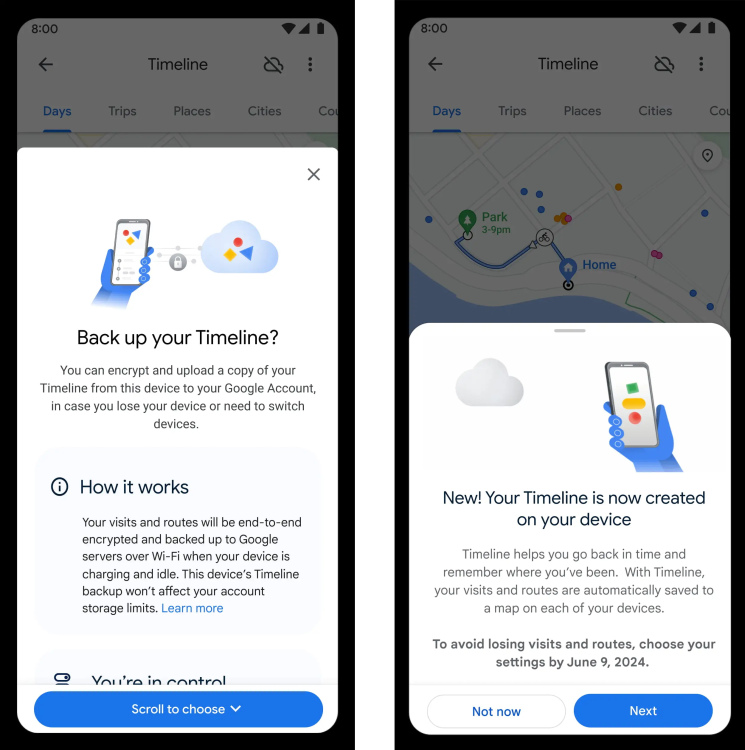For law enforcement, Google Maps’ location history was simply too juicy.
The Google Maps mobile app will no longer send your location history to the cloud—it will stay safe and sound on your phone. This could effectively end the law enforcement practice of geofenced police warrants, which have almost exclusively targeted Google. Google has announced a change to how it handles user location data, and for once, it is a clear win for privacy.
This change replaces the previous method of using Google Maps location data to power the online and mobile Timeline feature, which tells you where you have been and where your phone has been, which is useful when you need to find that store or bar you can not quite remember. But there is a big privacy tradeoff here, which is why we can not have nice things.
Police in the United States have been using geofenced warrants more frequently in recent years. These warrants give law enforcement access to the location data of any phone in a specific area at the time of a crime. From 2018 to 2019, Google received more than three times as many geofenced warrant requests; by 2021, Google stated it was receiving 3,000 warrants per quarter.
In certain high-profile cases, such as locating arsonists during the 2020 protests and rioters who broke into the Capitol on January 6, 2021, this digital dragnet has been employed. However, authorities also use these orders carelessly, violating the privacy of dozens of people in order to look into small-time thievery.

This data will not go to the cloud; rather, it will remain on your phone until the new policy takes effect. If you decide to back it up to the cloud, Google will encrypt the data before it leaves your phone, meaning that no one else will be able to access it. This means that innocent people who happened to be in the area will not be suspicious or have their personal information scoured by the police.
A Google employee recently revealed to Forbes a secret that they were not allowed to share: police apparently could not resist the allure of Maps location history, which is why the company decided to lock down individual location history. A quarter of all warrants filed to Google are geofenced, and Google is the main recipient of these warrants because of the vast amount of location data it maintains.
The new Maps location features will roll out to Android and iOS gradually over the coming year. It will also change the amount of time it keeps user data. The old default was 18 months, but it is changing to three months. Police can continue to issue warrants for location data, but Google will not have that data to provide for much longer.

